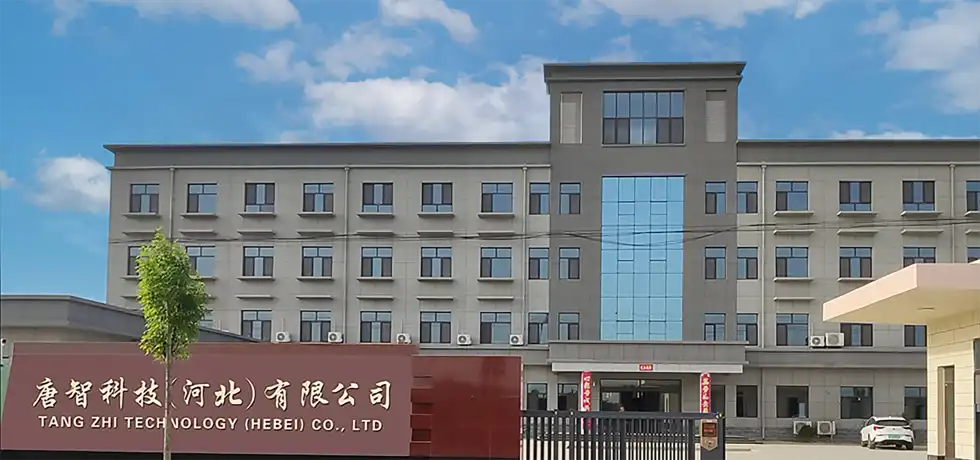
polyvinyl alcohol soluble in water
Polyvinyl Alcohol A Water-Soluble Polymer with Diverse Applications
Polyvinyl alcohol (PVA) is a synthetic polymer that has gained significant attention in both scientific research and industrial applications due to its unique solubility characteristics and versatile properties. As a water-soluble polymer, PVA plays a crucial role in a variety of fields, ranging from packaging to pharmaceuticals and even textiles.
Chemical Structure and Properties
PVA is derived from polyvinyl acetate through a process called hydrolysis. Its chemical structure consists of repeating vinyl alcohol units, which give it the desired water solubility. This property is primarily attributed to the hydroxyl (-OH) groups present in the polymer chain, which are capable of forming hydrogen bonds with water molecules. As a result, PVA can dissolve in water, making it an excellent choice for several applications where water solubility is a critical requirement.
The versatility of PVA lies not only in its solubility but also in its physical properties. When dry, PVA exhibits high tensile strength and elasticity, which allows it to be used in various forms such as films, fibers, and coatings. This combination of solubility and strength makes PVA an attractive material for many industries.
Applications in Various Industries
1. Packaging Industry One of the most prominent applications of PVA is in the packaging sector. PVA films are biodegradable, making them an eco-friendly alternative to conventional plastics. Their water solubility allows for easy disposal; once dissolved, they do not contribute to landfill waste. These films are often used for packaging sensitive products that need to remain intact until use, as they dissolve in water when the product is ready to be consumed.
2. Textile Industry In textiles, PVA is utilized as a sizing agent. It helps to improve the weave of fabrics, providing them with additional strength and resistance to abrasion during manufacturing. Furthermore, PVA can be easily removed from the fabric during the finishing process, making it highly efficient for use in textile production.
polyvinyl alcohol soluble in water

3. Pharmaceuticals PVA is extensively used in the pharmaceutical industry, particularly in drug delivery systems. Its water-soluble nature makes it ideal for creating controlled-release formulations, where the drug is encapsulated within a PVA matrix. As the PVA dissolves in the body, the drug is gradually released, ensuring consistent therapeutic effects over time. Additionally, PVA can be used to produce hydrogels that are used for wound dressings and other biomedical applications due to their biocompatibility.
4. Adhesives and Coatings PVA-based adhesives are widely used in woodworking, paper industry, and arts and crafts. These adhesives offer excellent bonding strength and are non-toxic, making them safe for various applications. Moreover, PVA coatings can provide a protective layer over surfaces, enhancing durability and resistance to moisture.
5. Cosmetics and Personal Care The cosmetic industry also benefits from PVA's properties. It is used in formulations for skin care, where it can act as a film-forming agent. Its ability to provide a smooth and even application makes it a popular ingredient in numerous cosmetic products, including lotions and creams.
Environmental Impact and Future Prospects
The growing concern over plastic pollution has driven research and development towards more sustainable materials, with PVA emerging as a promising solution. Given its biodegradability and non-toxic nature, it stands out as an environmentally friendly alternative to conventional plastics. As industries increasingly adopt green practices, the demand for PVA is likely to rise.
Looking ahead, advancements in polymer chemistry may further enhance the performance of PVA, leading to improved formulations and applications. Researchers are exploring modifications to the polymer to tailor its properties, such as adjusting its molecular weight to optimize solubility and mechanical strength.
Conclusion
Overall, polyvinyl alcohol is a remarkable water-soluble polymer that has revolutionized numerous industries with its diverse applications and eco-friendly characteristics. From packaging to pharmaceuticals, its role continues to expand, making it a significant material in our pursuit of sustainable solutions. As technology evolves and environmental concerns grow, PVA is poised to play an even more critical role in various sectors, paving the way for a greener future.
-
Low Substitution HPC - AI-Optimized Hydroxypropyl CelluloseNewsAug.05,2025
-
High-Performance Gypsum Retarder Chemical - Control SettingNewsAug.04,2025
-
Top HPMC Suppliers Enhanced by GPT-4 Turbo | Quality AssuredNewsAug.03,2025
-
High-Performance Concrete Water Reducer Enhanced with GPT-4 TurboNewsAug.02,2025
-
MHEC Cellulose Premium Additive | Enhanced Industrial UsesNewsAug.01,2025
-
Antifoam & Defoamer Solutions | Fast Foam ControlNewsAug.01,2025





















